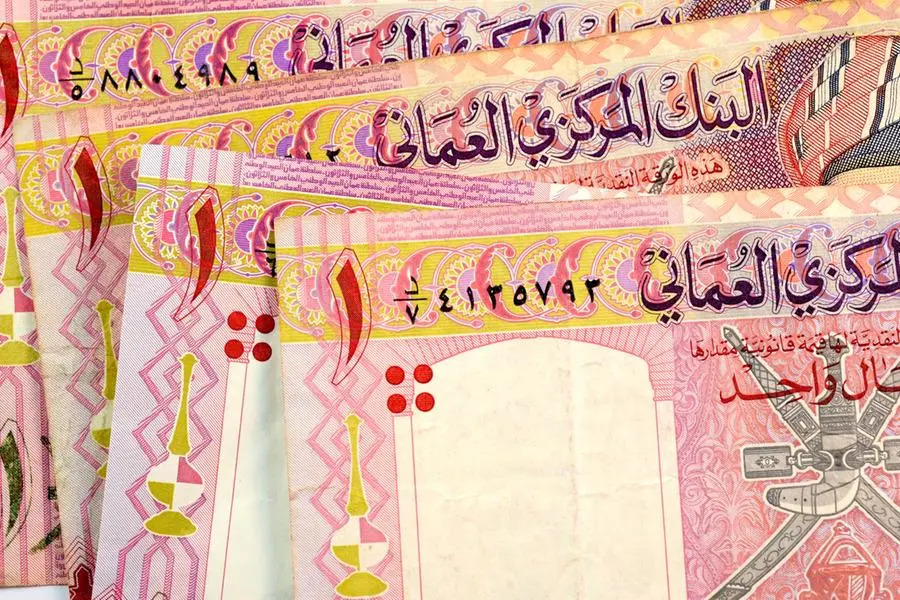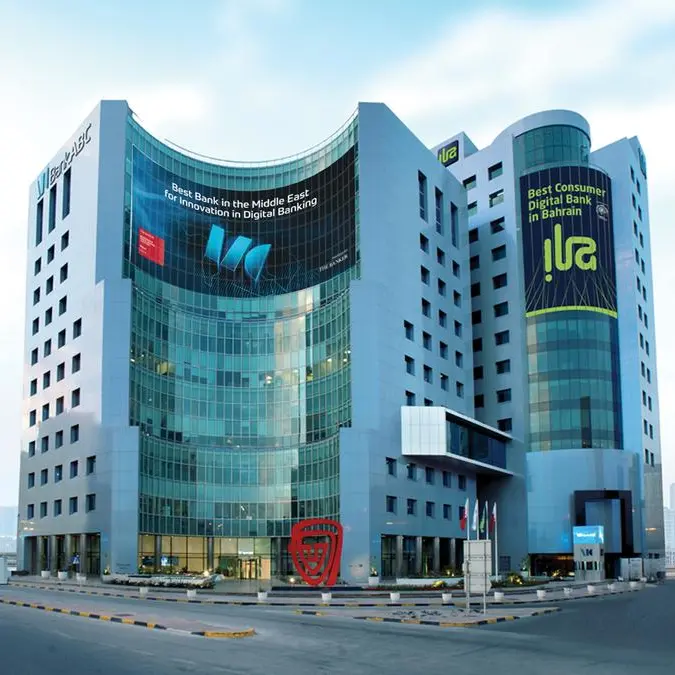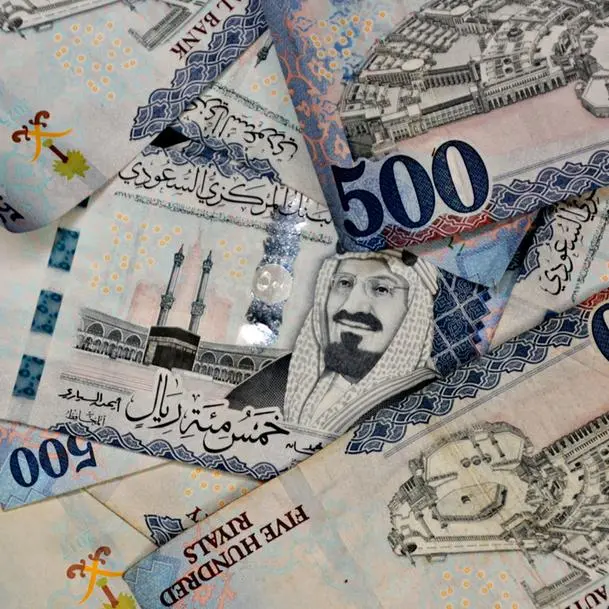PHOTO
MUSCAT - Islamic banking in Oman has made impressive strides, showcasing remarkable growth despite holding a small share of the overall financial market. Tahir al Amri, Executive President of the Central Bank of Oman (CBO), highlighted this during his speech at the IFN Oman Forum 2024. Al Amri shared several key figures and developments, underscoring the sector's role in supporting the Omani economy, improving financial inclusion, and increasing its presence both locally and abroad.
As of June 2024, total assets of Islamic banks and windows in Oman had grown by 11.4% year-on-year to reach RO 7.8 billion. This now represents a significant 18.1% of the country’s total banking assets. The growth in financing was equally impressive, with Islamic banks contributing RO 6.4 billion in total financing to the economy.
"The Islamic banking sector has demonstrated robust expansion, consistently supporting the economy with healthy growth compared to the previous year," said Al Amri. He also noted that the total deposits in Islamic banking had risen by a third, further showcasing the confidence of depositors. Despite holding a smaller market share, the sector is efficiently mobilising funds and increasing its impact on the national economy.
The capital adequacy of Islamic banks remains strong, with a capital adequacy ratio of 15.8% and a Tier 1 capital ratio that exceeds the average for the industry. While there was a slight increase in impaired financing, rising from 2.1% to 2.8%, Al Amri noted that this still remains below the non-performing financing ratio of conventional banks, demonstrating the sector's overall stability.
Profitability also continued to trend upward, with the sector recording an 8.7% increase in profits during 2023. Islamic banks in Oman have expanded their operations, with around 100 branches offering a variety of services including mobile banking, digital platforms, and on-site banking. Al Amri emphasised the sector’s growing sophistication, as the range of products and services offered has expanded to meet the evolving needs of businesses and individuals alike.
In addition to financial growth, Islamic banks have also played a crucial role in the introduction of Sharia-compliant financial products, an area that continues to draw interest from both domestic and international investors. The sector has offered an alternative source of funding, contributing 40% to new deposits, despite its smaller share of the market.
Looking forward, Al Amri outlined key regulatory developments that are expected to further enhance the sector’s growth. The CBO has been working on regulatory frameworks to guide the conversion of conventional banks and their branches into Islamic entities, a trend seen in many countries across the region. Additionally, the Central Bank is developing more Sharia-compliant liquidity tools, including Islamic certificates of deposits and treasury bills, expected to be launched soon.
"The Islamic banking sector, though starting with a modest market share, has shown significant growth and efficiency in mobilising funds and contributing to the national economy," said Al Amri. He concluded by expressing confidence in the sector’s future potential, particularly in helping to diversify Oman’s economy.
2022 © All right reserved for Oman Establishment for Press, Publication and Advertising (OEPPA) Provided by SyndiGate Media Inc.





















